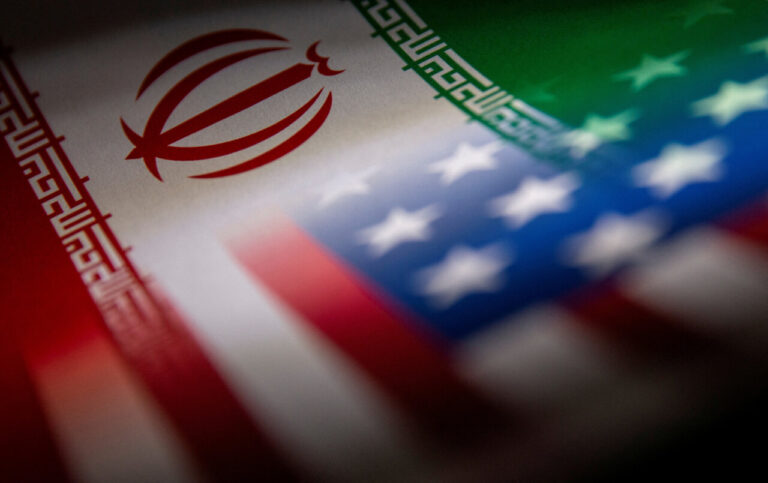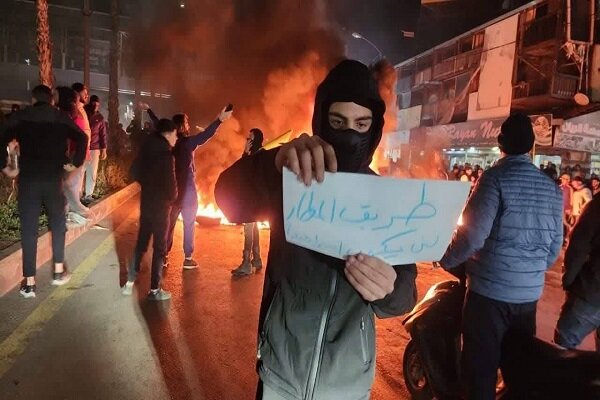Reviving Colonial Shadows: Kashmir Conflict Escalates Following Pahalgam Attack
The ongoing conflict between India and Pakistan in the Kashmir region has escalated into a serious crisis, particularly given that both nations possess nuclear weapons. This situation has drawn international attention, especially following the recent terrorist attack in Pahalgam, Indian-administered Kashmir, which resulted in the tragic loss of numerous lives among tourists. The Kashmir dispute, rooted in the historical context of British colonialism, continues to fuel animosity and fear of military conflict between the two nations.
Since achieving independence in 1947, Kashmir has been a point of contention, with both India and Pakistan claiming sovereignty over the region while controlling different segments. The persistent tensions have led to numerous conflicts throughout the years. The recent attack in Pahalgam, which claimed the lives of at least 26 people, is now recognized as the deadliest assault in Kashmir in over 25 years. The Resistance Front (TRF), believed to be linked to the Pakistan-based Lashkar-e-Taiba militant group, took responsibility for this tragic event.
The aftermath of the attack has sparked significant diplomatic reactions. Here are key developments in the ongoing situation:
- Withdrawal from the Indus Waters Treaty: India has announced its exit from this critical water-sharing agreement, which was established by the World Bank in 1960.
- Suspension of irrigation initiatives: Pakistan has halted a significant canal irrigation project and barred Indian flights from its airspace in response to India’s actions.
- Defense Minister’s Response: Pakistani officials, including Defense Minister Khawaja Asif, have rejected India’s claims, stating that “blaming Pakistan won’t address” the ongoing Kashmir dispute.
- Concerns of Infiltration: Asif emphasized that infiltration attempts are “impossible” due to the strict security measures along the heavily fortified Line of Control.
The situation has raised alarm on a global scale, with observers fearing that any miscalculation could lead to full-scale conflict. The Indian government has acknowledged its failure to protect tourists in Pahalgam. Mallikarjum Kharge, the president of the All India Congress Committee, highlighted during a speech that a security lapse allowed the attack to occur. During an all-party meeting, the government confirmed these failures, noting that a three-phase security plan was ultimately ineffective against the threat.
In the midst of this volatile environment, Iran has emerged as a potential mediator, given its unique understanding of the subcontinent’s geopolitical complexities. Iran has historically maintained a balance between India and Pakistan, fostering strong relations with both countries while advocating for regional stability.
On social media, Iranian Foreign Minister Abbas Araghchi emphasized the cultural and civilizational ties shared by Iran, India, and Pakistan. He stated, “India and Pakistan are brotherly neighbors of Iran, enjoying relations rooted in centuries-old cultural and civilizational ties,” and expressed Tehran’s readiness to facilitate dialogue and understanding during this challenging time.
Given the nuclear capabilities of both India and Pakistan, Iran’s mediation efforts are crucial in defusing tensions and preventing further destabilization in South Asia. Tehran’s approach reflects its broader strategy to promote peace through dialogue and resist the influence of external powers in the Kashmir conflict.
Furthermore, Pakistan has expressed its willingness to cooperate with any neutral investigations following the Pahalgam attack. In retaliation, Indian and Pakistani troops have engaged in gunfire across the border for a second consecutive day. This exchange of fire underscores the heightened tensions in the region.
In a recent editorial, Pakistan’s Dawn news outlet urged diplomatic efforts, stating, “It is time again to give diplomacy a chance as neither Pakistan nor India can afford war.” The editorial emphasized the necessity for both nations to exercise restraint and handle the developments post-Pahalgam with wisdom. It lamented India’s escalating rhetoric, pointing out that accusations against Pakistan lacked credible evidence regarding the alleged involvement in the attack on tourists.
In summary, the recent events in Kashmir highlight the fragile state of affairs between India and Pakistan. As both countries navigate this crisis, the potential for diplomatic intervention remains a beacon of hope for many observers concerned about the risks of conflict in a nuclear-armed region.






